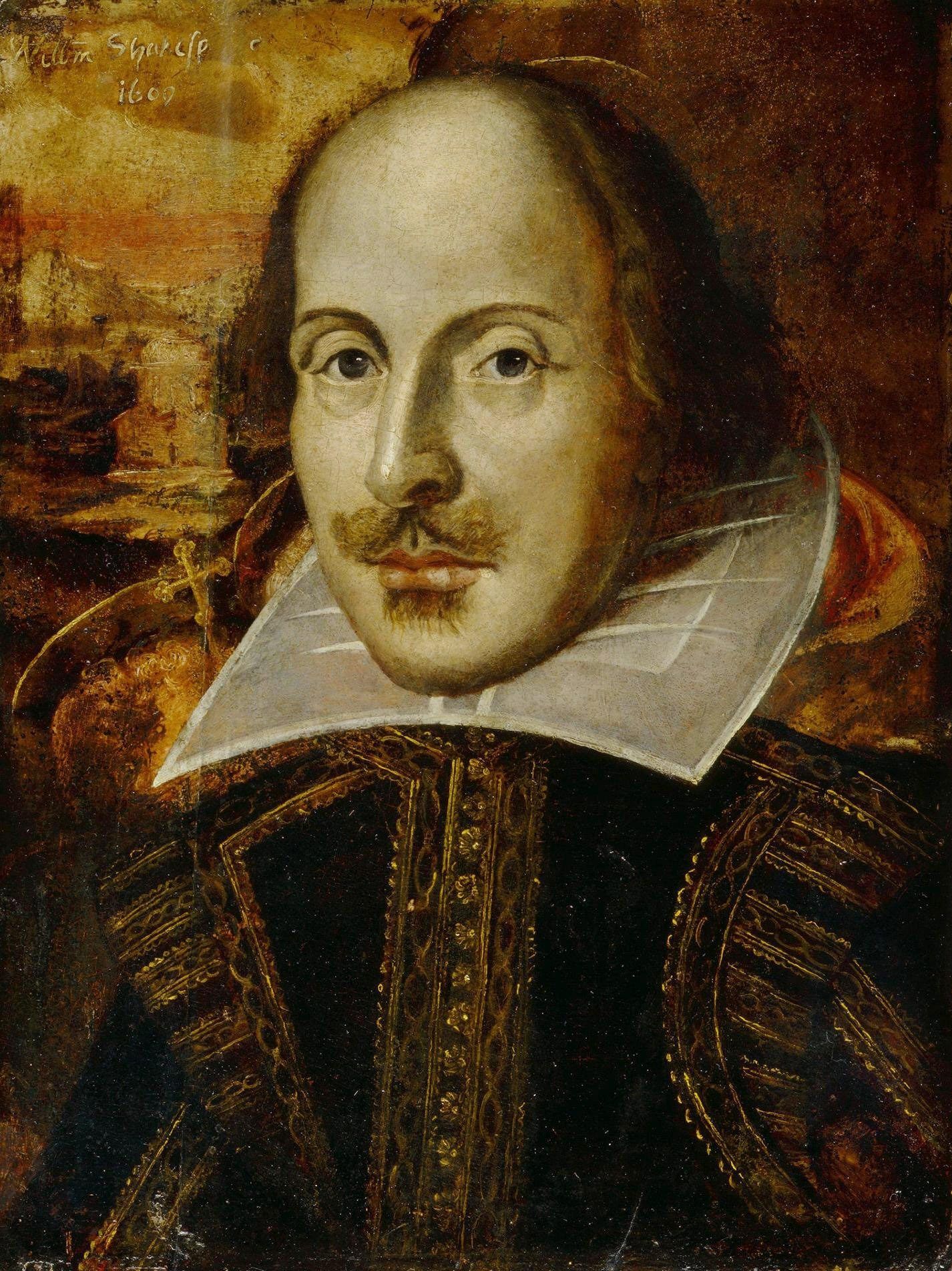I’m reading Will in the World: How Shakespeare became Shakespeare by Stephen Greenblatt right now. It’s a brilliant biography of Shakespeare and since there are so little in terms of records about the Bard, he created a story of the man and his plays based on the kind of world he lived in. Shakespeare lived during the Tudor Age or the Elizabethan Age. As I went through the book, I came across several interesting aspects of the period that a writer of historical fiction of this period could benefit from. When you attempt to write historical fiction, reading books that are set in the period give a lot of insight into the age. Here are five observations. These are by no means the only facts; the book is peppered with so many more and if you wish to write a book set in this period, it would be a good idea to buy this book.

- Cloth: John Shakespeare, William Shakespeare’s father, was a glove maker. In Shakespeare’s plays there are many references to gloves, leather and other clothing material. Shakespeare had a unique ability to transpose what he found in the speech of a trade in the speech of his characters. Clothing revealed a certain hierarchy. Velvet, satin and taffeta were the mainstay of the gentry.
- Education: The obsession that parents of better off families had with their sons studying Latin was similar to the obsession parents in most of South Asia and South east Asia have with their children becoming engineers and doctors. Young students had a horn book, a wooden tablet, for instruction. Girls were excluded from the whole idea of education as were boys of poorer families who were in the majority. This was mainly because going to school was expensive. You had to invest in expensive candles, quills and paper. Education was strict and merciless; whipping was the norm.
- Morality and Mystery plays: These were dramas that were regularly staged in the open in Elizabethan England. Shakespeare must have grown up immersed in the ideas of personification of the seven deadly sins. He used the idea of the character Vice masterfully while depicting the manipulative Iago in his tragedy Othello.
- Work: Agriculture provided livelihood for the majority of people in Shakespeare’s time. His father, however, held many important posts in his lifetime. He was constable(responsible for keeping the peace), chamberlain(collected revenues and responsible for property of the corporation), alderman and bailiff. Yet he retired from public life abruptly, saddled with debt and courting arrest. Interest in lucrative merchandise like gloves had plummeted and the problems rampant in the illegal wool trade finished John Shakespeare. Being an actor was frowned upon, but William Shakespeare was a clever investor as well, having learnt lessons from his father’s tribulations.
- Society: Tudor England was undoubtedly a patriarchy with a deeply entrenched hierarchical structure. There was no respect for those who toiled on the land. Vagabonds were looked on with suspicion.Pilgrimage sites were smashed down. Punishment was harsh– Shakespeare himself must have seen severed heads stuck on poles, whipping posts, pillories, etc. This perhaps strengthened the need for discretion in his writing. Communal violence between Catholics and Protestants was not uncommon. People who did not attend church regularly were fined. While music and dance were popular forms of entertainment, cruel practices like bull and bear baiting existed in the time.
